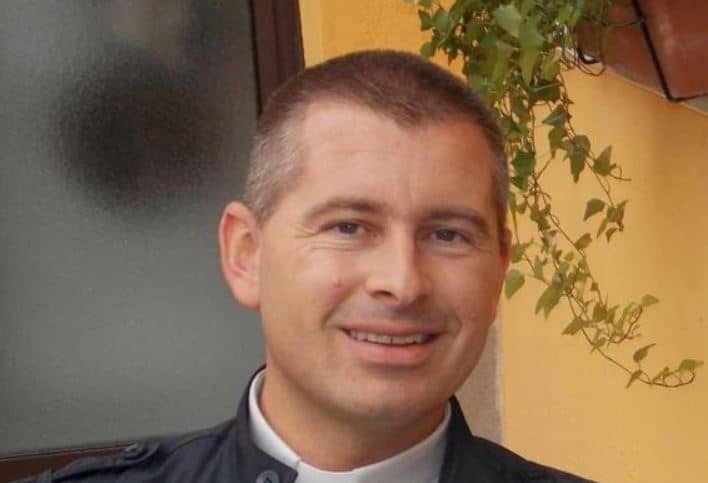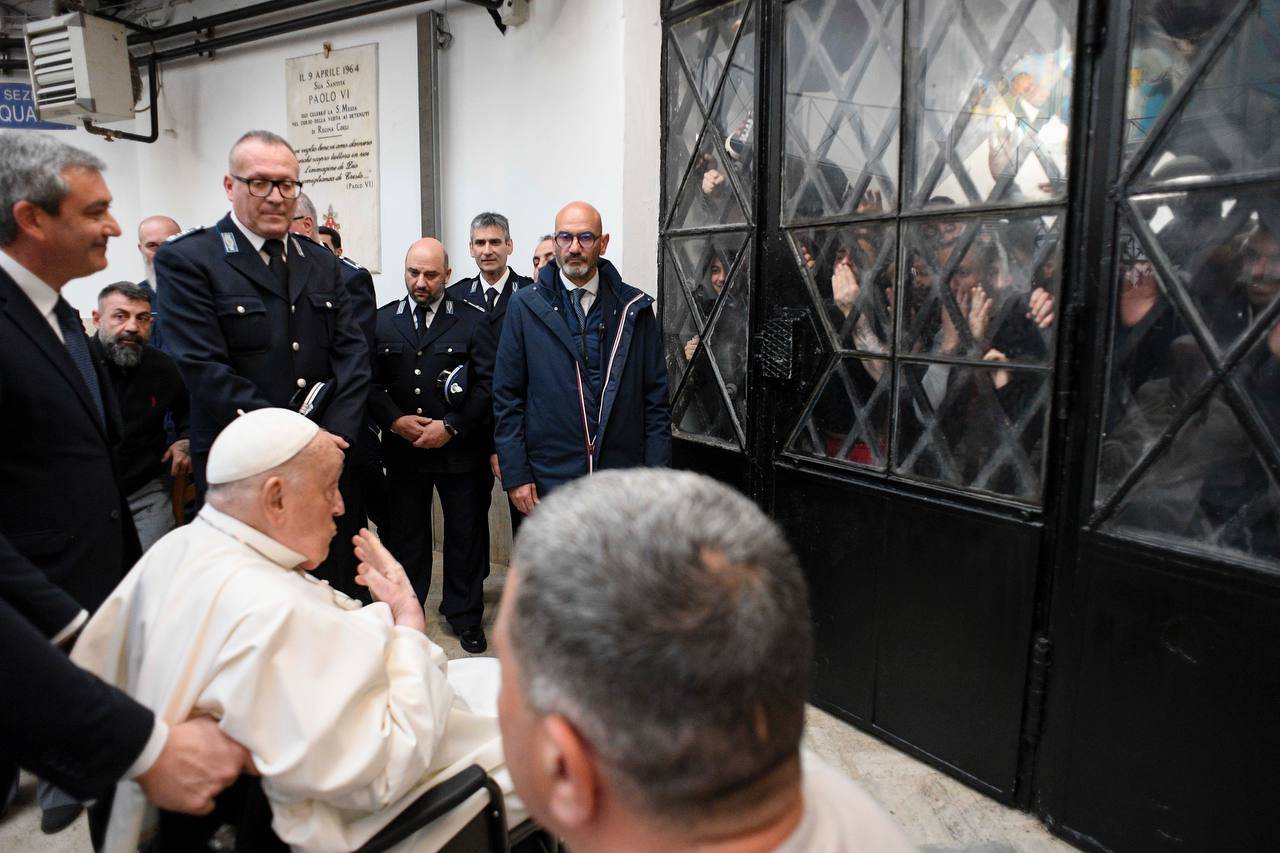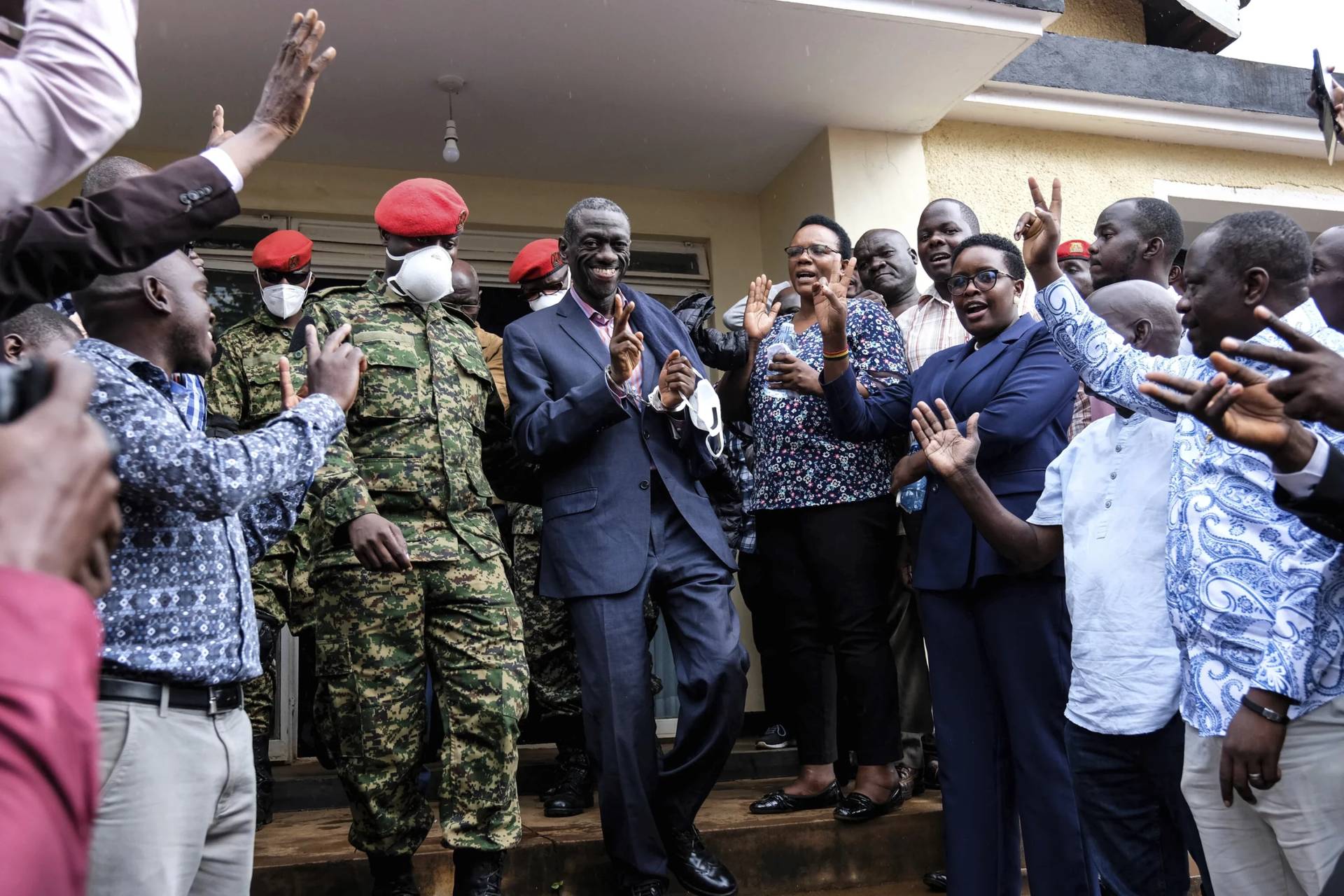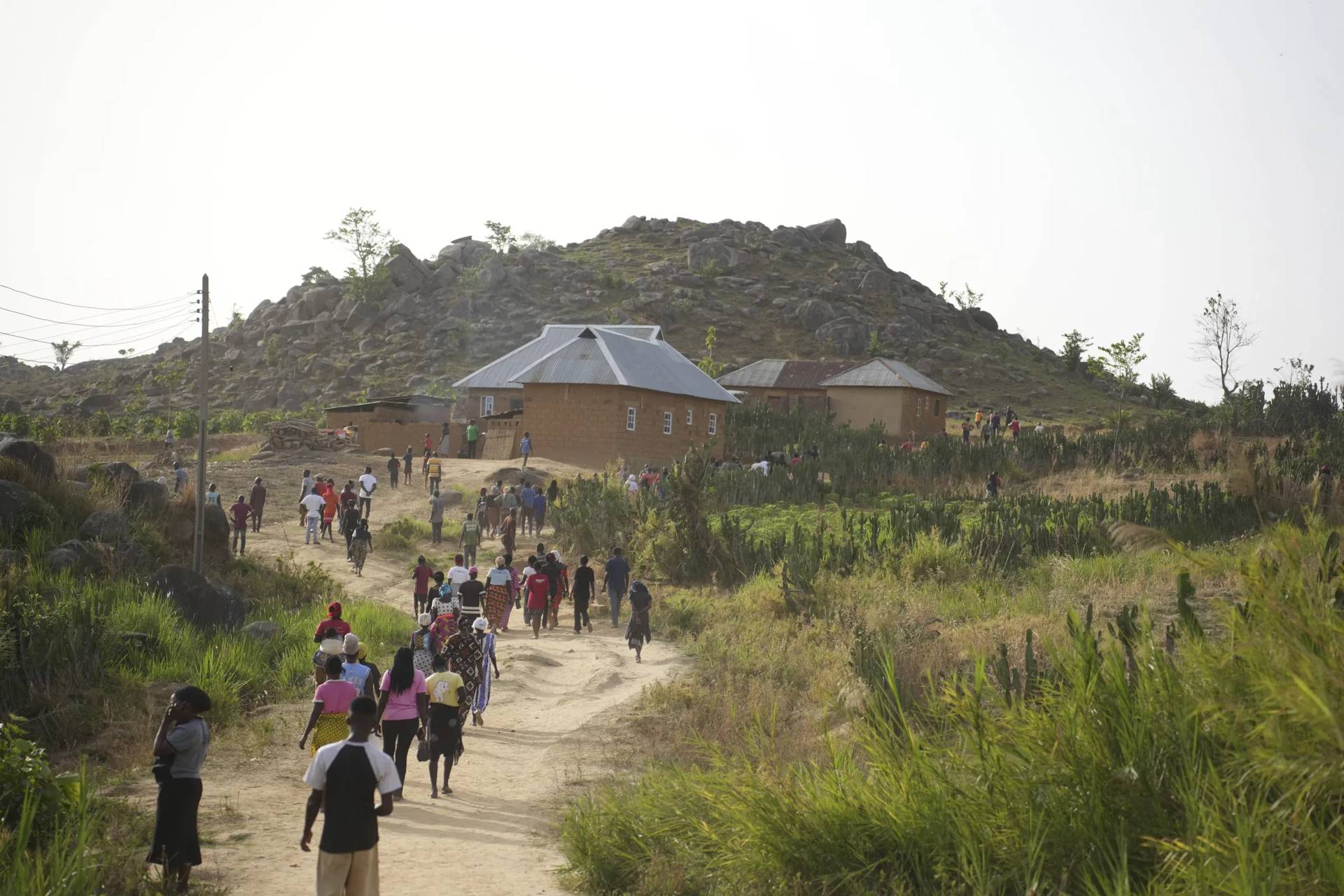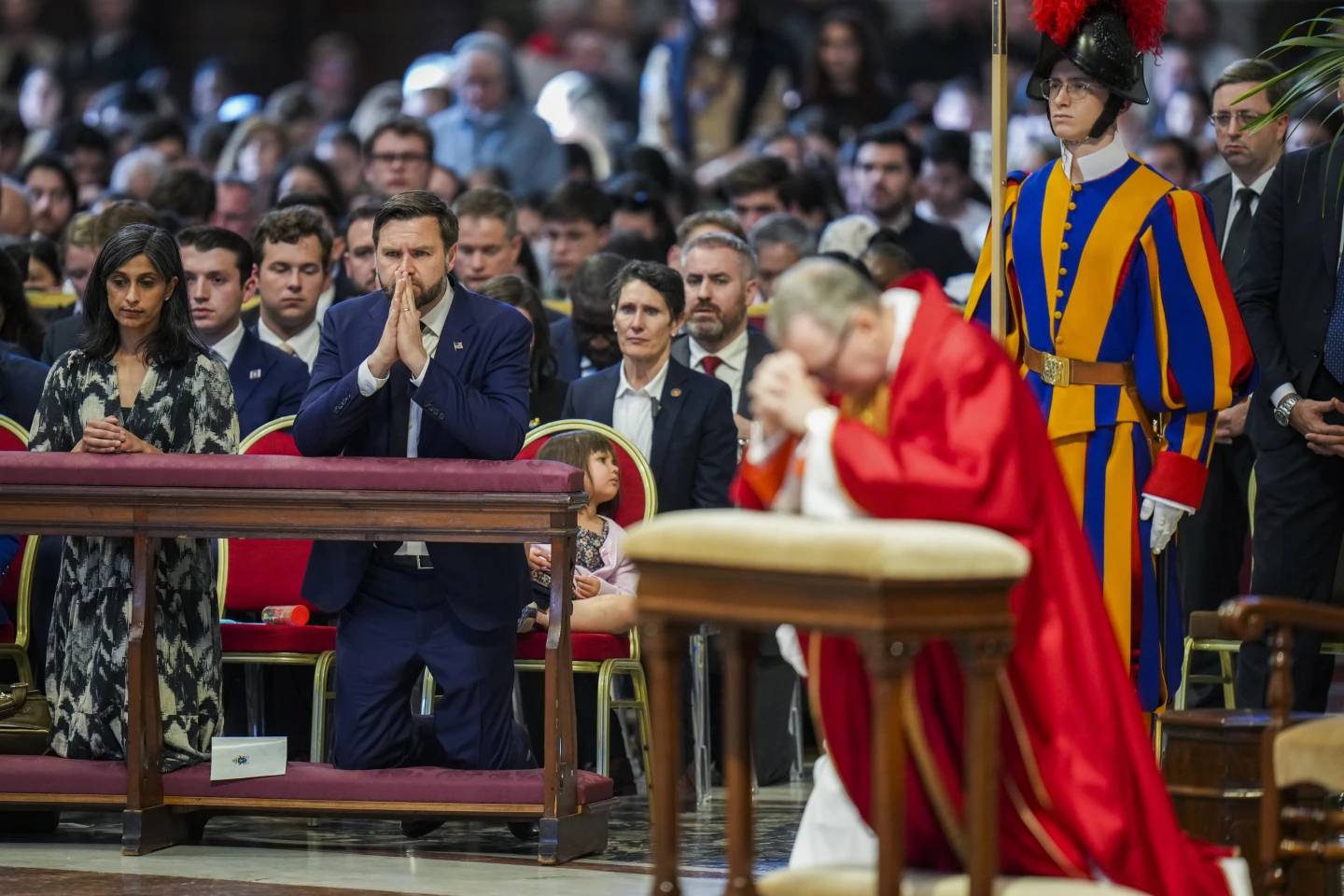ROME – With much of the world ravaged by global conflicts belonging to what Pope Francis has dubbed as a “third world war fought piecemeal,” an international association dedicated to promoting peace and development is seeking the Vatican’s help.
Speaking to a small group of journalists Wednesday, including Crux, Luís Franceschi, vice secretary general of the Commonwealth of Nations, said he is visiting the Vatican this week “to see how we can collaborate, how we can cooperate.”
The Commonwealth of Nations, which is not part of the British commonwealth, is a voluntary association of 56 independent developed and still developing nations, most of whom are former British colonies across Asia, Africa and the Pacific.
Some 2.7 billion people live in the countries belonging to the Commonwealth, with the most recent to join being Gabon and Togo in 2022.
After enduring what was often a painful and dramatic time of colonization, Franceschi said the member nations wanted to go “From dominion and oppression to collaboration and cooperation.”
As an association, he said, the Commonwealth focuses on promoting governability, democracy, freedom, trade, and combatting climate change, as well as the promotion of peaceful transitions of power.
Many countries are just establishing democracies, and problems can arise when a transition of power takes place, he said, saying the Commonwealth has often intervened when this happens, helping to prevent more than seven civil wars or internal “implosions” in the past four years.
Franceschi, who is of Venezuelan origin but lives in Kenya, had a meeting Wednesday with fellow Venezuelan Archbishop Edgar Peña Parra, who serves as the sostituto, or substitute, in the Vatican’s Secretariat of State, a position akin to the pope’s chief of staff.
In addition to having a friendly conversation, Franceschi said the goal of the conversation was to seek areas of collaboration with the Holy See.
“Pope Francis is clearly an international leader and internationally recognized as a promoter of peace and justice,” he said.
The idea, he said, is to answer the question of how the Commonwealth can help the church “to promote peace, justice and democracy” in its 56 countries, and how can the church set an example for them of “religious tolerance, understanding, and charity toward those who think differently.”
“The beautiful, interesting thing about the Commonwealth is there is everything. There are people of all races, all creeds, all ethnic origins, all possible mixtures, in the world, in humanity,” Franceschi said, saying the work around the clock from Tonga to Samoa and throughout Asia, Africa and Europe to promote peaceful coexistence.
“In that sense, much has to be done regarding religious tolerance,” he said, and told the famous story of Christian Pastor James Wuye and Muslim Imam Muhammad Ashafa.
The two had been mortal enemies, radical members of warring factions of a deadly conflict in Kaduna, Nigeria, in the 1990s in which Wuye lost his right hand, and Ashafa lost close members of his family.
However, after years of violence, the two finally set aside their differences during a UNICEF outreach program about child immunization against polio in 1995, understanding that it was important to let go of historic grudges for the sake of their community.
Slowly the two realized that together, their voices were stronger and much more effective in protecting their people, and especially their children, from a common threat, and they gradually formed a partnership and have become promoters of peace and tolerance.
Both Wuye and Ashafa were awarded the Commonwealth Peace Prize by the Commonwealth of Nations in March of this year.
“That’s a story that has to be brought to the Vatican, because it’s impressive,” Franceschi said, saying the Catholic bishop in the area “is also very good and promotes peace a lot. Here, everyone is working together for the sake of peace.”
He said they have also done a lot of work in India, where a historic violent persecution of minorities has been carried out by Hindu radicals, and where religious tensions are still acutely felt, with many complaining of low-level to overt discrimination on a daily basis.
In India, “much has been done with Hindu leaders, Hindus who understand the importance of living together and respecting other beliefs,” Franceschi said, saying they have also worked with Muslim, Catholic and Protestant leaders, as well as non-believers.
They do this, he said, through a project called Faith in the Commonwealth, “which isn’t just Faith in the Commonwealth as an organization that promotes peace, that can do good, but also the different faiths in the Commonwealth.”
“As a faith, it plays an important role in promote peace instead of being a factor of division,” he said.
Franceschi also spoke about the rapid growth of artificial intelligence and the increased role it can play, also for peacemaking efforts and the promotion of governability and justice, including a program with avatars serving as ministers of justice, health and finance to provide information and educate leaders and the population about social issues and equity.
This marks another potential area of collaboration with the Vatican, which in recent years has made increased efforts to join the global conversation on artificial intelligence, seeking to become a leading voice on the issue through initiative such as the Rome Call to AI Ethics, promoted by the Pontifical Academy for Life.
Follow Elise Ann Allen on X: @eliseannallen







